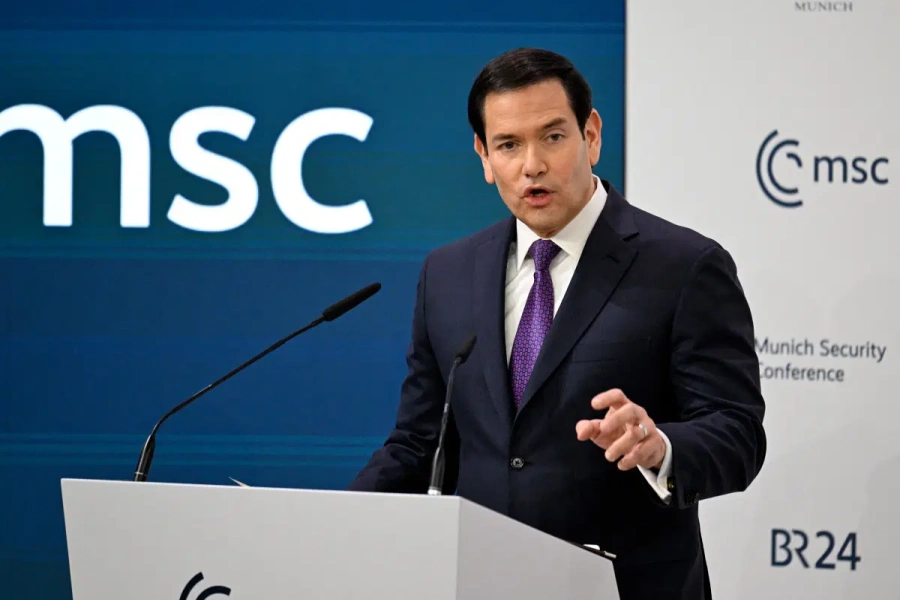ITAHARI, Aug 18: Ahead of a crucial Nepal-India Joint Commission meeting, Koshi Barrage victims from Sunsari, Saptari and Udayapur districts have started an indefinite relay sit-in in Sunsari, demanding compensation for their lands without further delay.
The sit-in started days before the foreign affairs ministers of Nepal and India are holding a bilateral meeting in Kathmandu to discuss key cross-border issues.
Many farmers in Sunsari, Saptari and Udayapur remain deprived of compensation for their lands affected by the Kosi Barrage. The compensation was agreed by the Indian government while constructing the barrage.
Narayan Mukhiya of Sunsari is one among many Koshi Barrage victims. The barrage inundated his 15 bigha of land when it was constructed in the 1950s.
Mukhiya has the ownership certificate for the land.
India had agreed to provide compensation for lands inundated by the barrage as it was constructed within Nepali territory. Decades have elapsed since the compensation was promised.
Koshi barrage-displaced awaiting compensation since three gener...

“We have been waiting for years to get compensation as per the agreement reached between the two countries, but all in vain. It seems we will all die without ever seeing the compensation money,” said Mukhiya, standing close to the barrage which swallowed up his land.
Another farmer, Ramananda Kumal of Barahakshetra, said the Koshi flows over his land as well. And he is also struggling for compensation from the Indians.
Frustrated by the years of waiting, the locals affected by the Koshi Barrage have initiated fresh protests. Farmers from all three affected districts have joined what they said will be a ‘decisive protest this time’. Several rounds of previous protests had ended without any impact.
“This time, we are not giving up our protest unless the compensation comes through,” said Ghanshyam Jha, chairman of the Koshi River Encroachment and Inundation Victims’ Struggle Committee, addressing a group of victims.
Shortly after Jha’s speech, the affected farmers started a relay sit-in.
The farmers say they remain deprived of compensation although so much else has happened in the country. “None of the governments has acted to give us justice,” said Satyanarayan Mandal of the ruling Nepal Communist Party parliamentary party, adding, “I am also a Koshi victim.”
Mandal’s father had moved to Bhardaha of Saptari from Sunsari after the river inundated his land.
“I will raise this issue with our prime minister,” said Mandal. He said although an agreement was reached between Oli and Indian Prime Minister Narendra Modi in August 2014 to settle the Koshi victims problem it has not been implemented so far.
Acknowledging that the Koshi problem remains unresolved for years due to the feebleness of the protests, Mandal said a strong protest was now needed.
Although some victims have received compensation most have not, he said.
A report prepared by a committee headed by Ram Prasad Khatiwada in 2008 shows that the Koshi has inundated 160,000 kattha [5418 hectares] of land in Sunsari alone.
More farmers in Haripur, Shreepur and Pakshim Kushahawa and Laukahi were affected after the eastern embankment of the Koshi collapased due to incessant rainfall in 2009.
Nepal’s government has no details about how much land was inundated in Udayapur and Saptari.
The government had announced it would provide Rs. 1.60 billion to the victims as part compensation.




































